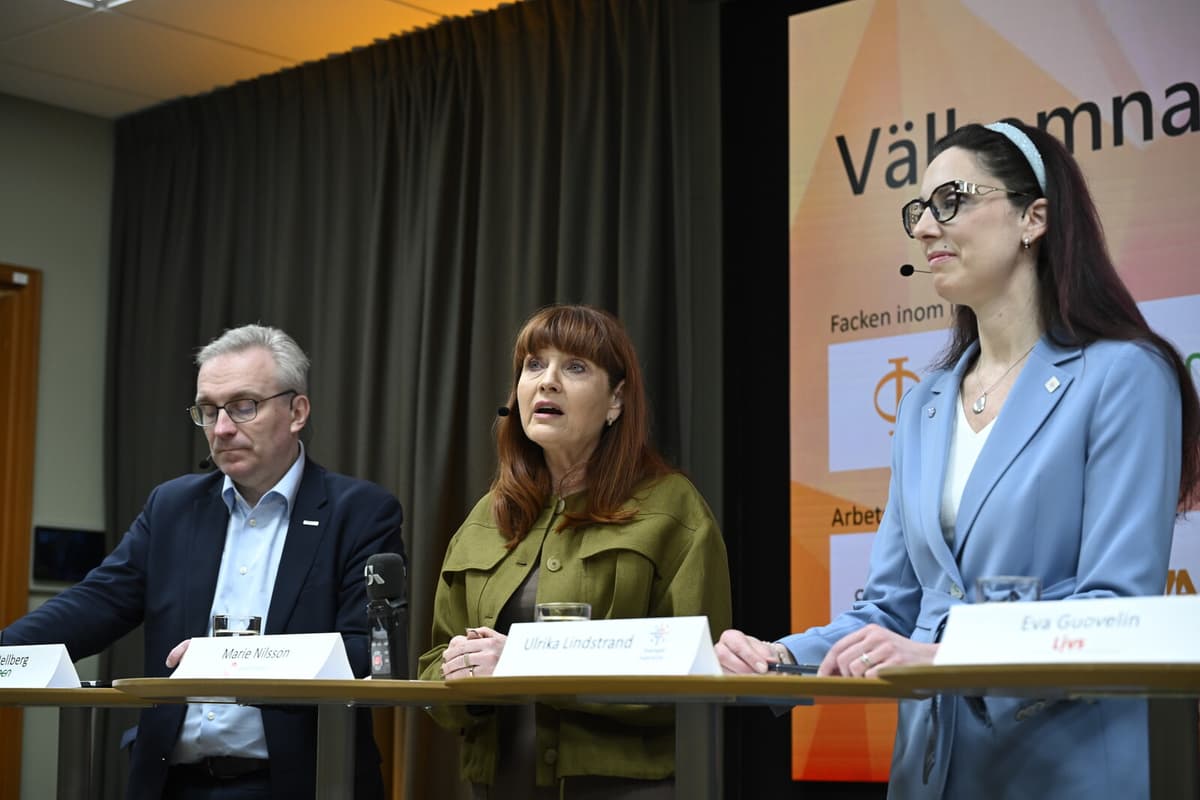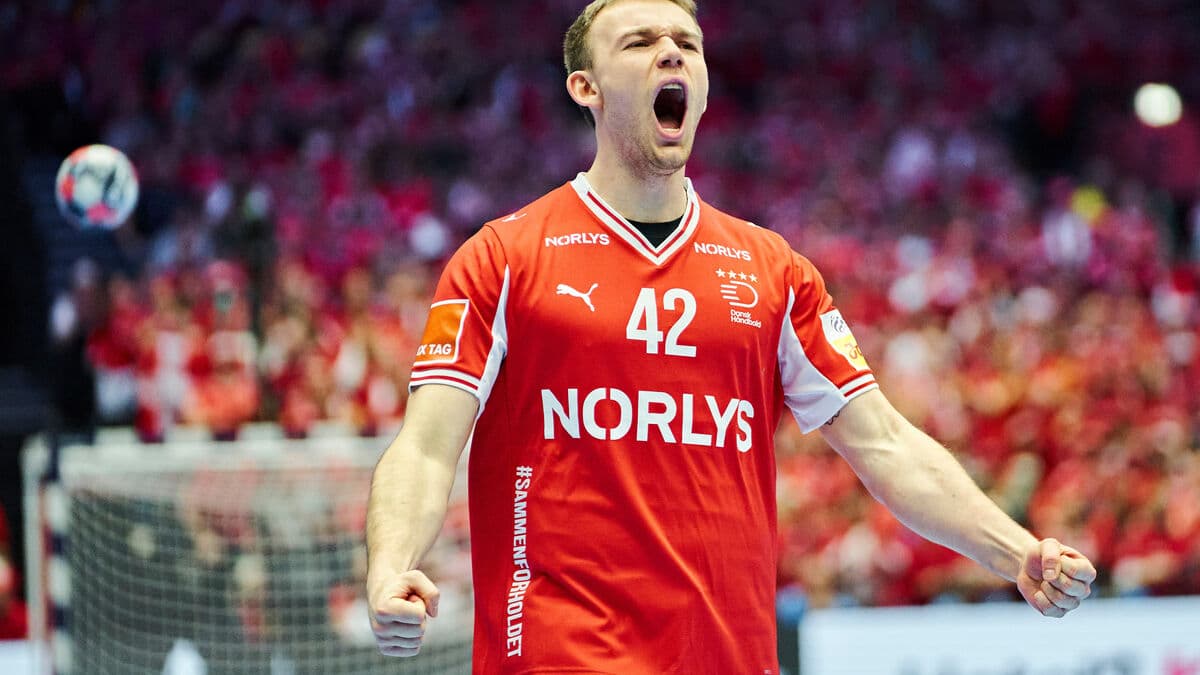The message that the parties have agreed came on Tuesday night after intense negotiations. The agreement means wage increases of 3.4 percent in the first year and 3 percent the following year.
It's not the current economic situation that's decisive, but how we achieve the best possible real wage increases in the long term, says Ulrika Lindstrand at a press conference on Tuesday morning.
In addition to the wage increases, the trade unions have also demanded further allocations to systems for working hour reductions, a low-wage initiative, four weeks of parental leave, and that part-time employees also have the right to overtime compensation.
You can always wish for more, but we think we've achieved a good result that is actually the highest in the nearly 30-year history of the industrial agreement, says Lindstrand.
Low-Wage Initiative
The low-wage initiative is something that the LO trade unions, but not the white-collar trade unions, have driven.
We've got through that employees earning less than SEK 29,500 per month will get an increase. A low-wage initiative is also an equality initiative since a larger proportion of low-wage earners are women, says Eva Gouvelin from Livs.
As recently as Monday, the trade unions and employers were said to be far apart, as the trade unions had previously rejected mediation proposals for wage increases of 7.7 percent over three years.
Challenging Level
Per Widolf, chief negotiator at Industriarbetsgivarna, describes this year's negotiations as unusually tough. He points out that the level is a good bit above comparable competitor countries. For example, Finland, where a wage increase rate of 2.6 percent has been agreed upon for the next three years.
This level is challenging for competitiveness. It will place demands on companies and their productivity. But it's positive that we've reached an agreement. The alternative would have been very bad, he says.
He says that the basic industry he represents usually prefers longer agreements than two years, but that a two-year agreement still shows strength given the current situation.
It provides predictability in this period we're living in now, where new uncertainty factors are emerging almost every day, he says.
Marie Nilsson, chair of IF Metall, is also pleased to have reached a two-year agreement.
We think it's reasonable in these uncertain times, she says.
The new agreements apply from April 1, 2025, to March 31, 2027.
The 2025 collective bargaining round is more comprehensive than it has been in a long time. A total of 510 wage agreements will be renegotiated for approximately 3.4 million employees.
The parties behind the industrial agreement sign a total of 55 agreements covering around 500,000 employees. The industrial agreement also includes a number of branch organizations that do not sign collective agreements.
The employer organizations are Grafiska Företagen, IKEM, Industriarbetsgivarna, Livsmedelsföretagen, Gröna arbetsgivare, Teknikföretagen, TEKO, and TMF.
The trade unions within the industrial agreement are GS, Livsmedelsarbetareförbundet, IF Metall, Sveriges Ingenjörer, and Unionen.
The industrial agreement was signed in 1997 and the industry has since had a wage-setting role for the labor market as a whole.
Source: Mediation Institute






